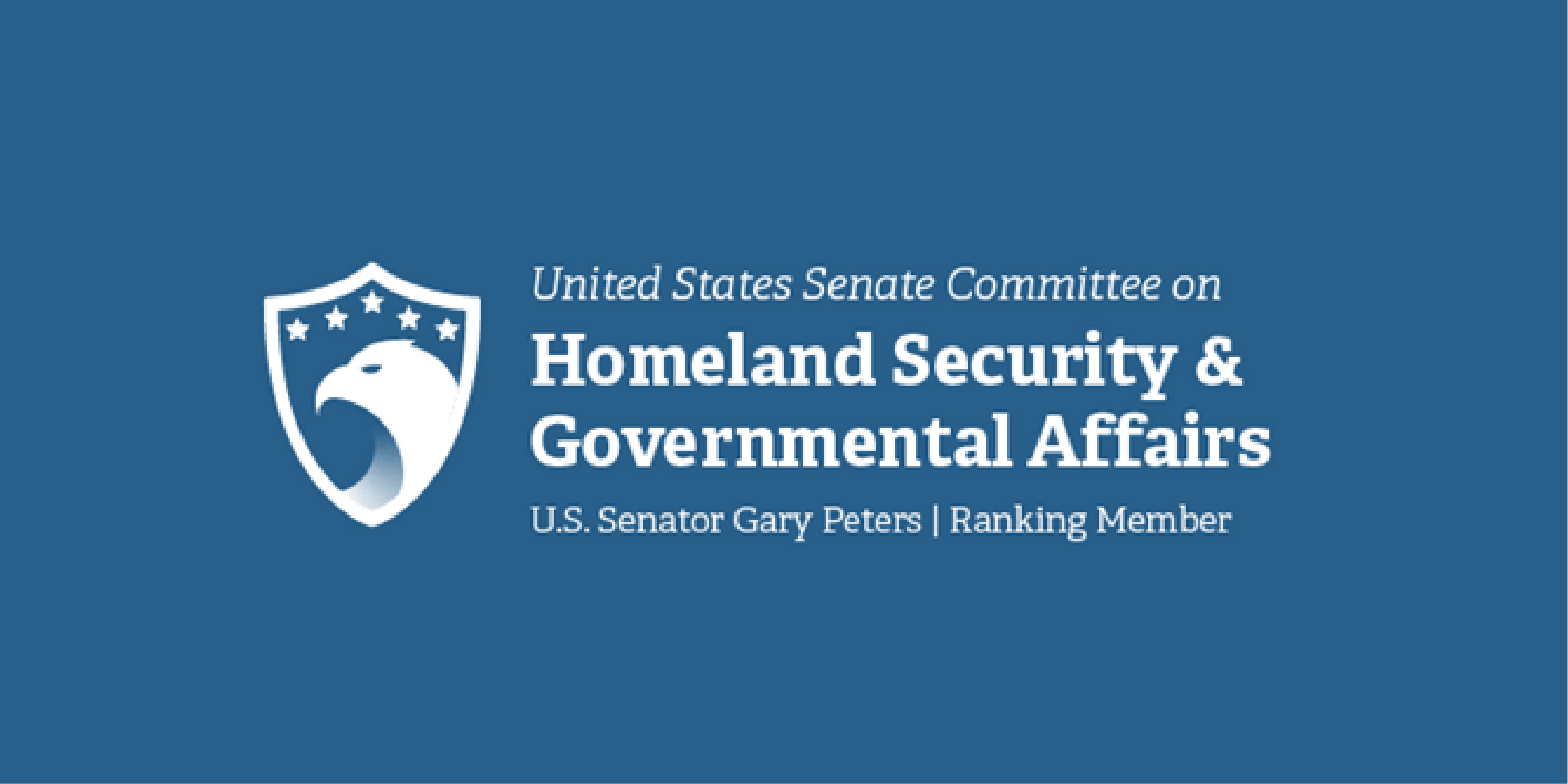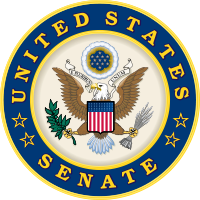
Hearing Examined How Ocean Shipping Supply Chain Challenges Caused by COVID-19 Pandemic Have Led to Price Increases for Michigan Businesses and Families
WASHINGTON, DC – U.S. Senator Gary Peters (MI), Chairman of the Subcommittee on Surface Transportation, Maritime, Freight, and Ports, today convened a hearing to examine ocean supply chain challenges caused by the COVID-19 pandemic that have impacted families in Michigan and across the country. The hearing highlighted how these supply chain challenges have led businesses and consumers to experience major delays and price increases. Among those who testified is Paul Doyle of Coastal Automotive, which is headquartered in Michigan.
While the underlying supply chain issues are multifaceted, the hearing looked at some of today’s most serious problems – particularly during the holiday season. Specifically, the hearing examined the business and operational practices around ocean shipping that have contributed to these challenges.
“Throughout the past year, I have heard from small businesses, across multiple industries, about the significant delays and problems they and their supply chains are facing, specifically as they relate to ocean shipping,” said Senator Peters in his opening remarks. “And the bottom line is this: small businesses and families throughout Michigan and across the country are experiencing higher prices and major delays associated with importing and exporting their products and supplies.”
“Many factors have contributed to this shift, but one major cause has been the global economy’s uneven recovery from the COVID-19 pandemic and the supply chain collapses that have occurred as a result. In short, our supply chains are very efficient, but not resilient. This is an issue that I am committed to addressing and improving,” continued Senator Peters. “The multifaceted challenges facing our supply chains require a holistic response from all sectors, including from ports, where I believe Great Lakes ports can play a significant part in reducing backlogs... As we explore solutions to strengthen our shipping and supply chains, we must be sure to look to the Great Lakes, our nation’s third coast, to help fill in gaps when possible.”
To watch video of Senator Peters’ opening remarks, click here, and to watch his closing remarks, click here. For text of Peters’ opening remarks as prepared, click here.
To watch video of Senator Peters’ questions, click here.
Peters has repeatedly highlighted the need to strengthen supply chains – including before the pandemic. He introduced a legislative package to improve federal focus on domestic manufacturing, including both short-term supply chain issues highlighted by the pandemic and longer-term problems related to a lack of a national manufacturing strategy.
Peters helped pass the bipartisan infrastructure bill into law, which includes $17 billion for investing in our port infrastructure and waterways, including $2.25 billion for grants to modernize port infrastructure and make it more resilient – as well as to remove bottlenecks. The Build Back Better bill would also fund port infrastructure grants to increase supply chain resiliency and invest in the Great Lakes ports to reduce backlogs.
In 2019, Peters released a report on the rising prices of prescription drugs and ways to lower costs. The report delved into shortages and supply chain challenges and how dependence on foreign sources could lead to national security risks. He previously sent a letter to the FDA pressing them on their efforts to counter drug shortages. Before the pandemic took full grip of the country, Peters led a bipartisan effort pressing the Administration for information on the security of the nation’s medical supply chain, as COVID-19 inched closer to the country. Peters raised alarms that COVID-19 could lead to shortages of critical drugs and medical equipment, including vaccine supplies.
Last year, Peters passed bipartisan legislation into law shoring up our nation’s agricultural supply chain to ensure the safe and secure trade of agricultural goods across our nation’s border.
###














